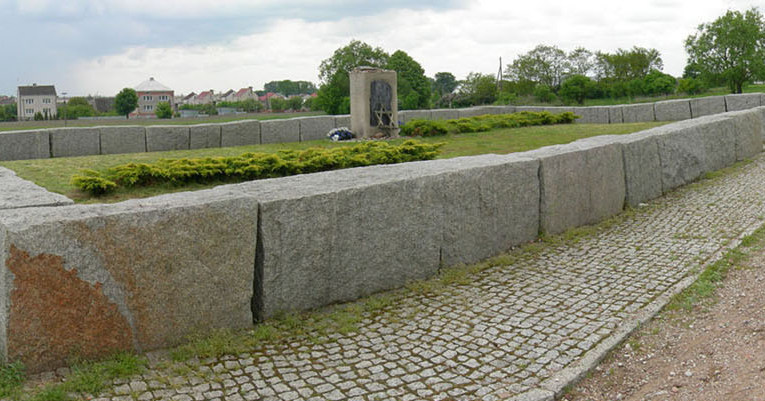The World Jewish Congress, which is a worldwide organization of Jewish communities, was critical of remarks made by Polish Education Minister Anna Zalewska and the mayor of Jedwabne, Michael Chajewski. The organization demanded an immediate apology for remarks they made.
During a televised interview, Zalewska would not admit that Polish citizens were involved in the massacre of Jews in Jedwabne in 1941. More than 300 Jews were burned alive in a barn. She also refused to blame Poles for a massacre in Kielce in 1946. In that incident, 42 Jews were shot by Polish police.
On July 13, Zalewska said in an interview, “Jedwabne is a historical fact that has led to many misunderstandings and very biased opinions.” She added, “the dramatic situation which took place in Jedwabne is controversial. Many historians, distinguished professors, paint a completely different picture.”
About the incident at Kielce, she called the attackers anti-Semitic, but said they were “not quite Polish.”
Chajewski followed Zalewska’s comments by calling for the victims to be exhumed and examined to see if they were killed by German soldiers.
Ronald Lauder, president of the World Jewish Congress, called the comments “disturbing” and a “slap in the face” for Holocaust survivors.
He demanded that the two officials issue immediate, clear apologies and retract their statements. He encouraged the officials to be more like Polish President Andrzej Duda. Duda has condemned anti-Semitism at multiple state observances.
People in Poland have avoided talking about their involvement in the killing of Jews both during and after World War II. In 2001, the publishing of the book “Neighbors: The Destruction of the Jewish Community in Jedwabne, Poland” by Jan Tomasz Gross, a Polish-American sociologist, got people talking.
The book led to an investigation by the Institute of National Remembrance. The state-run organization found that Gross’s total of 1,600 victims “seems highly unlikely.” They found the number to be around 340 people. On the other hand, they substantiated Gross’s claims that local citizens were involved in the killings.
The ruling Law and Justice Party has promised to make Poles proud of their country’s history and accomplishments. Stories like these are a controversial issue for them.
The World Jewish Congress’s call for an apology came a day after the appointment of Jaroslaw Szarek to the head of the Institute of National Remembrance. The Institute is the same one that investigated the Jedwabne killings. Szarek has said in the past that the Jedwabne massacre was committed by Nazi occupiers who “forcibly used a group of Poles in (their) machine of terror.”
